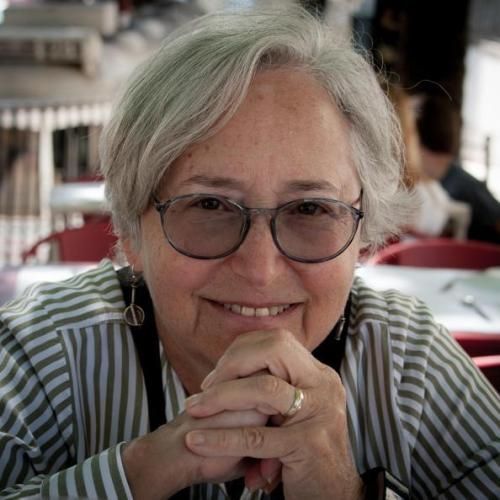Overview
Dr. Telen is recognized as an expert in the biochemistry and molecular genetics of blood group antigens and the pathophysiological mechanisms of vaso-occlusion in sickle cell disease. She is the Director of the Duke Comprehensive Sickle Cell Center.
Dr. Telen's laboratory focuses on structure/function analysis of membrane proteins expressed by erythroid cells, as well as the role of these proteins in non-erythroid cells. Proteins are also studied in transfectant systems, and research focuses especially on adhesion receptors. The goals of this work are (1) to understand the mechanism and role of red cell adhesion to leukocytes and endothelium in sickle cell disease; (2) to understand the signaling mechanisms leading to activation (and inactivation) of red cell adhesion molecules; (3) to understand the molecular basis of blood group antigen expression, and (4) to understand the interactions of erythroid membrane proteins with other cells and with extracellular matrix..
Recent investigations have focused on the role of signaling pathways in the upregulation of sickle red cell adhesion. Present studies include (1) investigation of beta-adrenergic signaling pathway responsible for activation of B-CAM/LU and LW adhesion receptors; (2) understanding how nitric oxide and ATP downregulate sickle red cell adhesion; (3) studying the effect of these processes in animal models.
Dr. Telen is also involved in a large multicenter study looking for genetic polymorphisms that affect clinical outcomes in sickle cell disease, as well as a multi-center study investigating the mechanisms and treatment of pulmonary hypertension in sickle cell disease.
Key Words:
Adhesion molecules
Erythrocyte membrane
Sickle cell disease
Transfusion medicine
Immunohematology
CD44
B-CAM/LU
Genetic polymorphisms
Dr. Telen's laboratory focuses on structure/function analysis of membrane proteins expressed by erythroid cells, as well as the role of these proteins in non-erythroid cells. Proteins are also studied in transfectant systems, and research focuses especially on adhesion receptors. The goals of this work are (1) to understand the mechanism and role of red cell adhesion to leukocytes and endothelium in sickle cell disease; (2) to understand the signaling mechanisms leading to activation (and inactivation) of red cell adhesion molecules; (3) to understand the molecular basis of blood group antigen expression, and (4) to understand the interactions of erythroid membrane proteins with other cells and with extracellular matrix..
Recent investigations have focused on the role of signaling pathways in the upregulation of sickle red cell adhesion. Present studies include (1) investigation of beta-adrenergic signaling pathway responsible for activation of B-CAM/LU and LW adhesion receptors; (2) understanding how nitric oxide and ATP downregulate sickle red cell adhesion; (3) studying the effect of these processes in animal models.
Dr. Telen is also involved in a large multicenter study looking for genetic polymorphisms that affect clinical outcomes in sickle cell disease, as well as a multi-center study investigating the mechanisms and treatment of pulmonary hypertension in sickle cell disease.
Key Words:
Adhesion molecules
Erythrocyte membrane
Sickle cell disease
Transfusion medicine
Immunohematology
CD44
B-CAM/LU
Genetic polymorphisms
Current Appointments & Affiliations
Wellcome Clinical Distinguished Professor of Medicine in Honor of R. Wayne Rundles, M.D.
·
2001 - Present
Medicine, Hematology,
Medicine
Professor of Medicine
·
1995 - Present
Medicine, Hematology,
Medicine
Associate Professor of Pathology
·
1996 - Present
Pathology,
Clinical Science Departments
Member of the Duke Cancer Institute
·
1980 - Present
Duke Cancer Institute,
Institutes and Centers
Affiliate, Duke Global Health Institute
·
2018 - Present
Duke Global Health Institute,
University Institutes and Centers
Education, Training & Certifications
New York University ·
1977
M.D.

